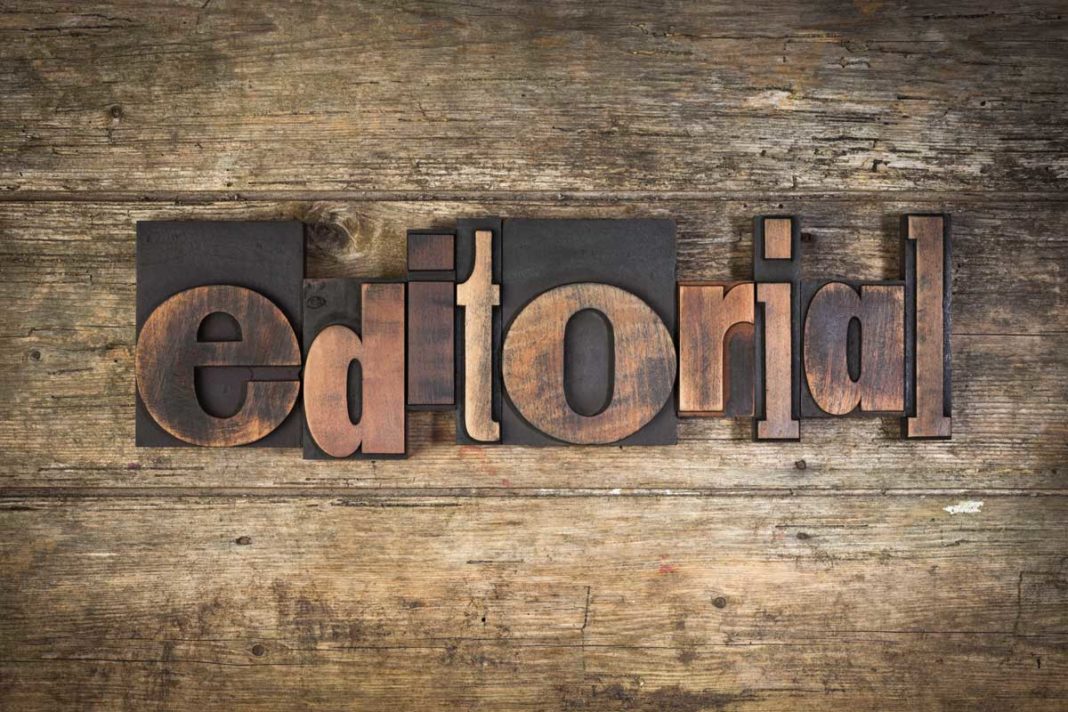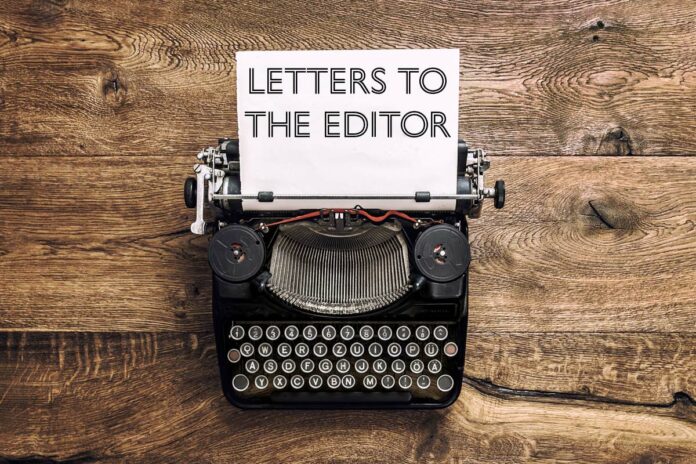The will of the people is central to the concept of democracy—but the question is: Which of the two main approaches is best when trying to navigate through today’s hypercomplex information overload. To quote that seminal 20th century Ron Davis anthem, “it ain’t easy.” (Most readers will be more familiar with the Long John Baldry or David Bowie covers.)
To review, the two main schools of thought on electing leaders are the Burkian and Rouseauian approaches.
In the approach of famed French philosopher Jean Jacques Rouseau, the “general will” of the people is the right approach to any issue by an elector charting their course in filling a ballot. This has a lot of popular appeal—especially among those who “do their own research” online, filtering misinformation and partisan spin to come to a conclusion when deciding who should win their vote. So, vote for the person whose policy proposals on the election trails most closely resemble your own opinion.
The approach of the English political philosopher and parliamentarian Edmund Burke points out the increasing complexity of finding solutions to the issues at hand and notes that the ordinary citizen is far too busy just trying to navigate their own personal household challenges to find the time to stay on top of all of the nuances incumbent in any issue facing the body politic. This school of thought dictates evaluating the personality of the leader who is seeking your vote—and vote for the one you think would be most likely to make the same decision you would if you had all the information at hand.
In truth, most electors tend toward loudly espousing the former but make their decision primarily on the latter. Understanding these two approaches goes a long way toward understanding the electoral approaches of election campaigns and is the main reason why personal character assassinations are ascendant in the current political environment.
Most people are too busy trying to navigate their everyday challenges to pay attention or assess issues. So, the smart politico eschews complicated policy discussions and focuses on repeating 30-second dog whistle sound bites aimed at defining their opponent’s character and/or simplifying complex issues into sound bites that offer only critiques of the failures of the current administration to meet those challenges.
So, what is a poor elector to do?
Counter-intuitively, the best approach may be what most people do—ignore the entire gaggle of beggars until the election beacon heaves in sight. Unfortunately, that approach has an Achilles’ heel. A third approach, the Goebbel’s approach of flinging dirt and character assassinations at the opposition, plays strongly to an electorate only paying slight attention to the world of politics.
Over the course of the next year (provided the NDP don’t believe they can gain a seat or two and pull the plug on the government a lá Paul Martin) the governing Liberals have a massive hill to climb in the form of public perceptions of Justin Trudeau—some earned, some simply visceral reaction to the frustrations of the pandemic and issues that largely fall within the provincial bailiwick.
It will be interesting to see what happens should another year pass before the federal election writ is dropped—”a week is a lifetime in politics.” For instance, should Kamala Harris win the US presidency, which mouse would be best placed to deal with the elephant in the bed?
In the meantime, electors should cast aside the political spin and decide who, when all is said and done, would most likely make the same decisions they would make themselves—if they had all the information to hand. That is, finding solutions to the issues facing Canadians nationally when action is required, in place of dog whistles.
Hopefully, we all will have a chance to see what November brings first.





